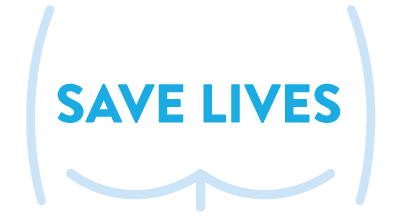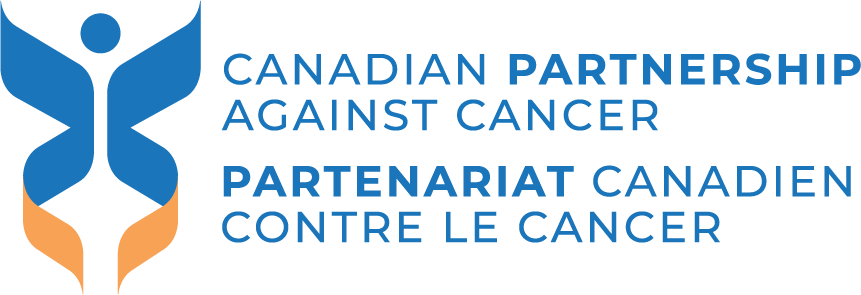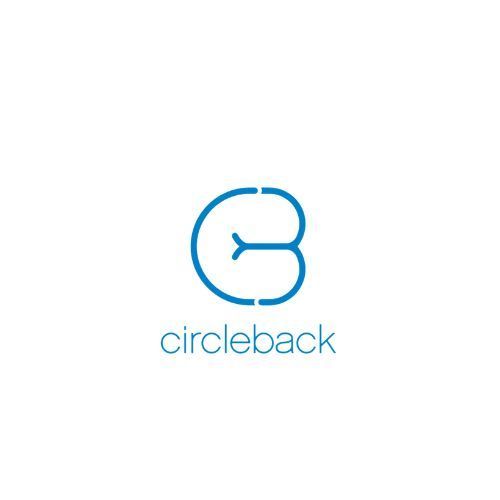ABOUT us
About Colorectal Cancer Canada & this initiative
Colorectal Cancer Canada is Canada’s not for profit organization dedicated to colorectal cancer patients and their families. Since 1998, we have been committed to empowering and improving the lives of Canadians affected by the disease. We are a powerful voice for change across the continuum of care: educating, informing and increasing awareness of colorectal cancer—including the prevention, diagnosis and treatment of colorectal cancer. We aspire to reduce the incidence and mortality of colorectal cancer in Canada while improving the quality of life of patients, their families and their caregivers.
While
colorectal cancer is highly preventable, it is still one of the leading causes of cancer deaths in Canada. Awareness and Education Programs are essential if Canadians are to be able to prevent colorectal cancer and better treat it. As such, we have launched
SAVE BUTTS, SAVE LIVES - Take the Pledge, an initiative that aims to leverage the power of community in the fight against colorectal cancer. This initiative is calling on organizations to help increase awareness of the disease and spread the message that with early detection colorectal cancer is
Preventable, Treatable, and Beatable!
About Colorectal Cancer: What it is & Why Prevention is Important
Colorectal cancer begins in the colon or rectum, and is called colon cancer or rectal cancer, depending on where the cancer originates. The colon and the rectum form part of the digestive tract, also called the gastrointestinal or GI tract. While 90% of the cases are treatable and curable if detected early, colorectal cancer has remained one of the deadliest cancers for the last 25 years and is currently the second deadliest cancer in men and the third deadliest in women. In most cases, colorectal cancer develops from pre-cancerous lesions called polyps, which take an average of 10 years to become cancerous. Colorectal cancer screening and early detection are essential as they allow for the detection and removal of these polyps before they become cancerous. As such, efforts to promote awareness of the disease and appropriate screening methods are of extreme importance.
Colorectal cancer screening is mostly done by a FIT test (fecal immunochemical test) for most individuals between the ages of 50 to 74 years old. It detects small amounts of blood in your stool that is not visible to the naked eye. You can do it at home in a few minutes and it is easy, painless, non-invasive, private, and free.
Every person you tell about colorectal cancer screening is another potential life saved!
About The Canadian Colorectal Cancer Coalition
The Canadian Colorectal Cancer Coalition was created by a shared desire to reduce the incidence of colorectal cancer across Canada. Comprising members from varied backgrounds, such as public health agencies, professional associations, health care professionals, community organizations patient groups, and more, our mission is to amplify prevention and awareness efforts. Together, we want to create stronger relationships with communities and achieve a nationwide colorectal cancer screening rate of at least 60%.
MEMBERS
- Alberta Colorectal Cancer Screening Program
- Association québécoise des pharmaciens propriétaires
- ATGEN Canada
- Canadian Association of Gastroenterology
- Canadian Cancer Society
- Coalition priorité cancer du Québec
-
- Colorectal Cancer Canada
- Colorectal Cancer Resource & Action Network
- Colorectal Cancer Screening Program Prince Edward Island
- Dr. Alan Barkun
- Dr. Charles Ménard
- Dr. Marc Bradette
- Dr. Mustafa Tehfe
- Nova Scotia Health Colon Cancer Prevention Program
- Olympus Corporation
- Quebec Cancer Foundation
- Regroupement des organisations communautaires en oncologie (ROCO)
- Saskatchewan Screening Program for Colorectal Cancer














